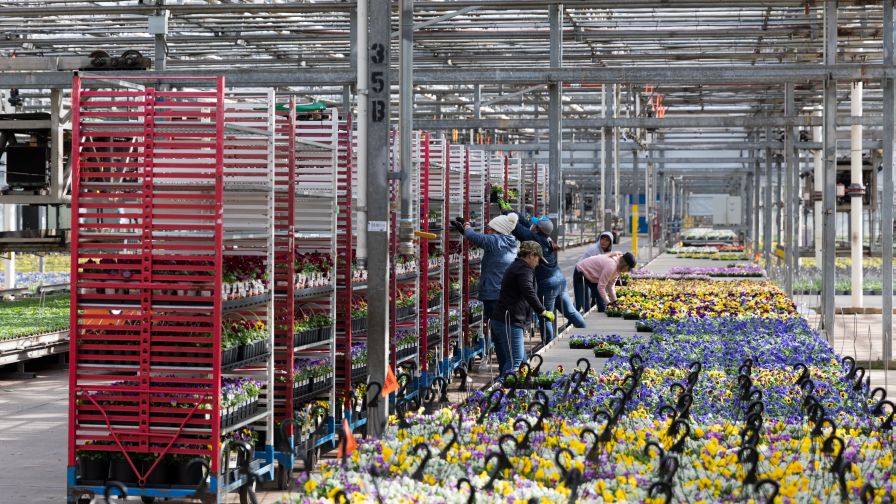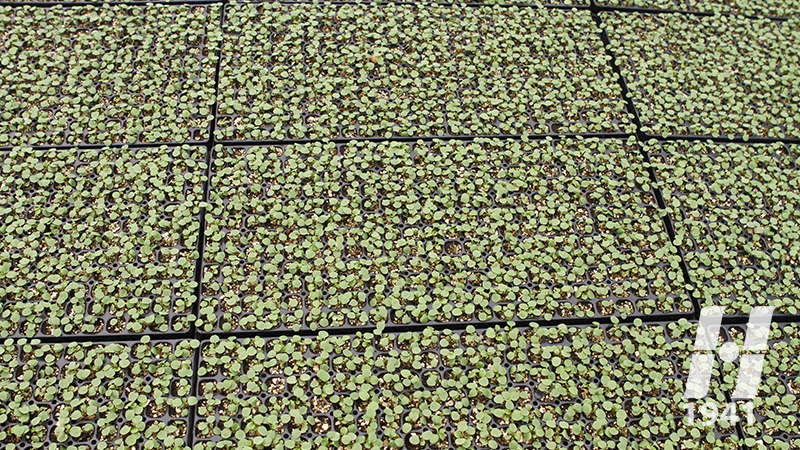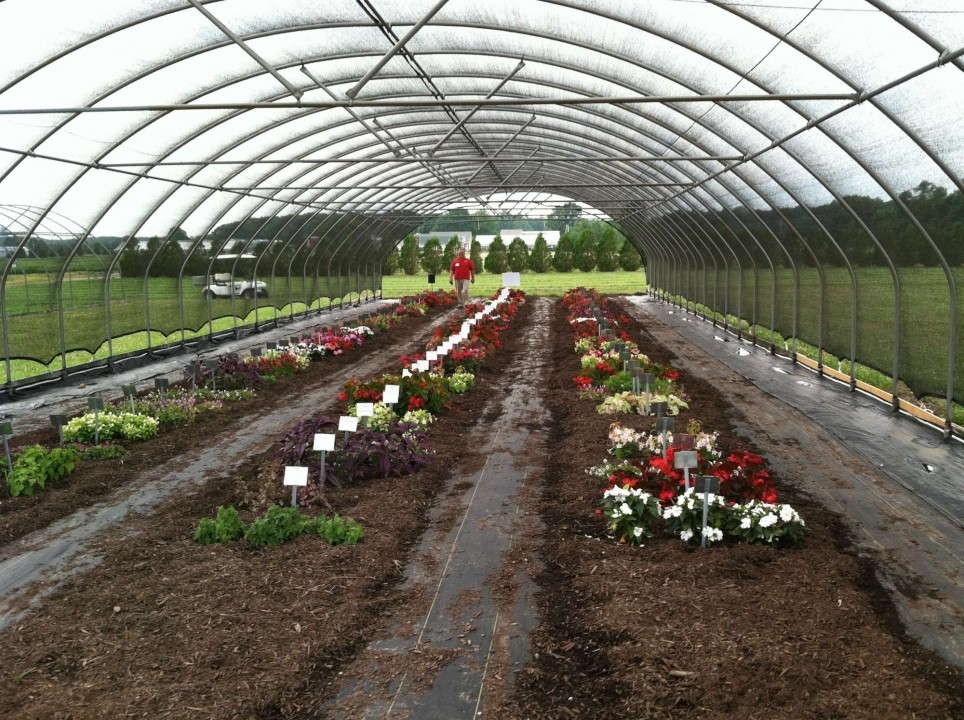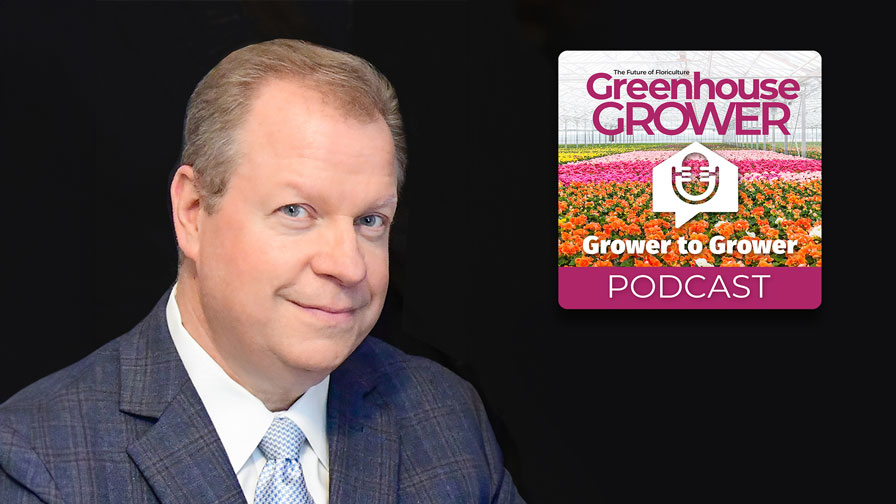Michigan Growers Warm To Environmental Assessment
The more major retailers stress sustainability, the more some growers feel pressured to modify their management practices.
To alleviate some of that pressure, the Michigan Agriculture Environmental Assurance Program has developed a comprehensive assessment tool called Greenhouse*A*Syst, which educates Michigan growers about sustainability, evaluates how their operations practice it and recommends ways growers can move toward sustainability in the future.
So far, the program has been embraced with open arms, says Linda Zabik, a Kalamazoo Conservation District groundwater technician who has conducted at least six assessments in cooperation with MSU Extension educator Jeanne Himmelein.
“The feedback we are receiving most from our growers is that they are thankful for a tool that helps them get a clear picture of management practices that could be easily corrected and those that will take more time and money to implement,” Zabik says.
The MAEAP is facilitated locally by conservation districts, Michigan State University Extension and the Michigan Groundwater Stewardship Program.
Project GREEEN, a cooperative effort between plant-based commodities and businesses together with the Michigan Agricultural Experiment Station, MSU Extension and the Michigan Department of Agriculture, has funded the production of promotional brochures and three informational open houses for Greenhouse*A*Syst.
Traditionally, the MAEAP is structured into three systems–livestock, farmstead and cropping. But the greenhouse industry is unique, MSU Extension coordinator Allen Krizek says, because operational headquarters are closely tied to production areas.
As a result, Greenhouse*A*Syst integrates the guidelines for both cropping and farmstead systems into one comprehensive tool that includes 14 sections and more than 200 questions for greenhouse growers.
At first, growers might be concerned that an assessment will lead to some costly recommendations. Himmelein, however, encourages growers to utilize the tool to assess their own operations and then build large-scale repairs into long-term growth plans.
“I believe that over time, when greenhouse operators are planning for growth and upgrades, they can take the regulations into consideration,” Himmelein says. “They want to do what is best, but finances are key.”
Privacy might also be a concern for some growers, Krizek says, but the program is voluntary and completely confidential. The MAEAP will verify greenhouses that meet its standards, though.
“Once [growers] hear that the program is voluntary and confidential and that all materials are left on the farm, their confidence and buy-in increase,” he says. “We are building trust with this group of growers just as we did with livestock farmers when MAEAP was introduced in 1998.”
To learn more about Michigan’s plant agriculture initiative at MSU, go to www.greeen.msu.edu.









